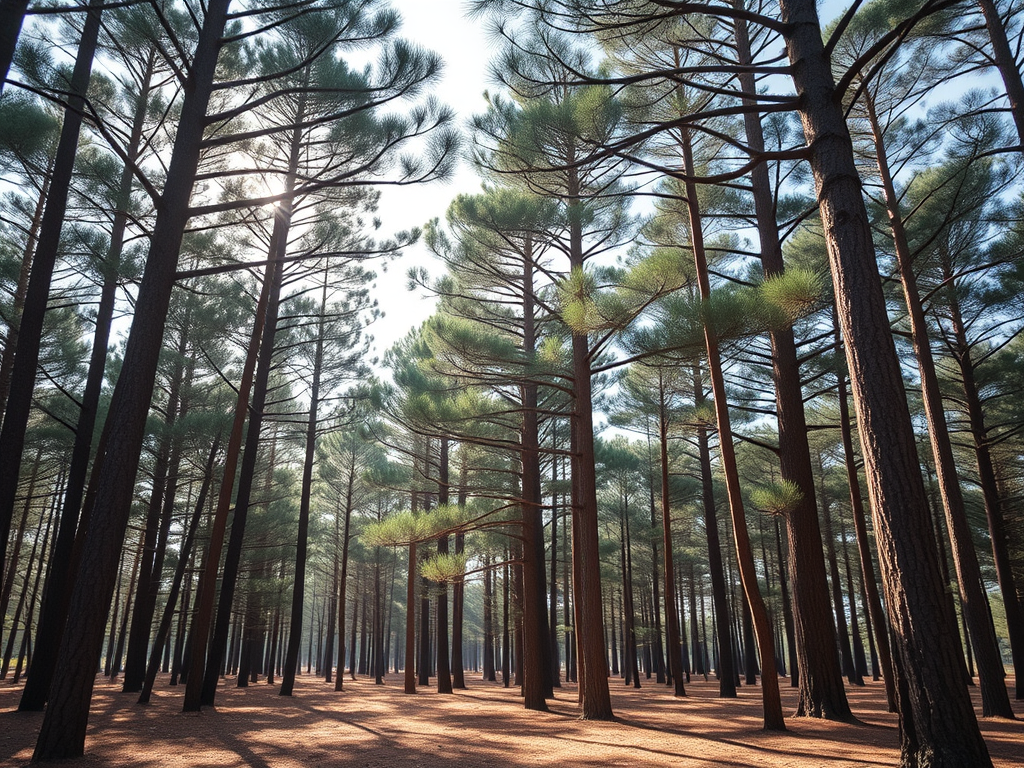The Art of Connection—Steve Ashe (1981-2024)
Steve Ashe (1981-2024)
Our family suffered a great loss only days before Woodland Pacific was incorporated. We post this here not just to honor our loved one, but to share how his way of being has informed our guiding principles…
When I met my husband John’s family that first Christmas, I was anxious. There were so many of them, and most were two scoops of Catholic. As an avowed agnostic with a distaste for piety and an awkward, anxious energy around strangers, it felt like a terrifying snafu for our fledgling relationship. I escaped outside for cigarettes whenever I could, and that’s how I got to know my brother-in-law Steve.
Steve saw me immediately. At first, I thought my discomfort amused him—he’d smile as I described the agony of holding my tongue or keeping my composure after hours of family interactions. But his smile wasn’t amusement; it was recognition. Steve knew exactly how I felt, and he was there to commiserate.
In those early years, we bonded during smoke breaks in the Michigan cold at family gatherings. Our nicotine-driven rhythm gave us a chance to reconnect every hour or so, musing about life or laughing at family absurdities.
Steve and I shared many traits. Both big, loud, restless, intense, and often frustrated, we felt like we were moving through life on a delay. We questioned the value of processes, pretense, and performance, seeing them as distractions from something more meaningful—like society was tricking us into performing life rather than living it. Neither of us had saintly biographies, and we both struggled with having our stories shaped by unreliable narrators.
I’ve always found it hard to function in spaces designed for neurotypical people. As a child (and even now), the advice that worked for my peers never worked for me. To teachers and supervisors, I seemed obstinate, which made me suspicious of authority and wary of advice. Over time, those misunderstandings compounded into narratives that turned small misperceptions into larger barriers.
When I was young, listening to children was considered absurd. Kids were expected to be grateful for existence and to jump through prescribed hoops without question. If I said, “I clearly won’t fit through this hoop,” adults would reply, “Children go through hoops,” and either force me through it or, more likely, encounter my “behavioral issues.”
Leaving school didn’t resolve things. Even after I began to understand my neurodivergence, the years of exhausting interactions—both for me and those trying to support me—lingered. The misunderstandings and implicit bias didn’t melt away. Sure, Aunt Sally knows I use cannabis to manage my perpetually “on fire” nervous system, but that doesn’t stop her from tearfully wondering when my “drug habit” will ruin me every time she hugs me goodbye.
When your needs are atypical and there’s no space to explore or validate them, a strange thing happens. Those trying to care for you begin to resent your unmet needs (or what they perceive as your obstinance), and you either agree with their frustration or withdraw from them entirely.
Steve and I met as adults, so we were spared the kitchen mess of each other’s lives. I was never his ed therapist, and he never had to manage my executive functioning. Maybe that means we knew each other less. However I think it allowed us to see one another as the finished cake rather than the chaos of its making. I can’t speak for Steve; I can only share the ways I felt we connected and the things we discussed. If this reflection sheds light on his life, I’ll consider it a gift.
At Thanksgiving, Steve sent the text my husband and I had been waiting for, “I’m ready.” He meant for us to send him the link to take the CliftonStrengths assessment, which he completed and shared with us shortly thereafter. John and Steve had spoken a lot in the days just prior and I wondered what made him decide it was time to take the assessment so I asked John about those conversations. I was often in the next room and I assumed the long periods of quiet were John listening to Steve talk but instead he described their conversations as having long, unhurried pauses. It seemed odd to me at first, my conversations with Steve were loud and robust, but when I thought of the two brothers, both so insistent on meaningful exchange, without tolerance for platitudes, without interest in fabricating optimism to comfort each other it began to make sense. John described those moments of silence as spaces where they waited for truth to emerge. These moments connected them like cigarettes and raucous laughter connected Steve to me. This was Steve’s great gift, his ability to connect (connectedness).
Steve accepted people as he encountered them without demand. He could bridge wildly different groups and offer a sense of comfort in the face of uncertainty. Steve tried to learn the lessons in his missteps, ever returning to the drawing board after reflection to find a better way forward (restorative), and encouraging others to do the same. He gladly delivered praise and admiration for the work others didn’t notice, helping others to feel seen and entitled to their dignity and humanity (developer). He could find endless focus for what interested him and that happened to be people, and he wanted to hear your story, whoever you were (input). He allowed his future to unfold at its own pace (adaptive), never letting some sense of personal ambition pave over relationship with other people, living in and responding to the chaos of the present…
It felt wrong to leave this understanding of Steve’s strengths and character unacknowledged. So many spoke to these traits at his wake: his authenticity, hospitality, and warmth; how beloved he was by those he encountered at Community Housing Network, and how respected he was by his coworkers. How Steve saw them when they felt invisible or vulnerable. He made others feel less alone, which makes his absence even more painful.
Whatever we owed to Steve as our friend and brother now belongs to his son. Some of those same talents and divergences evident in Steve can be viewed plainly in him and this brings us such joy. I wonder, however, if we are ready to receive his gifts. Are we prepared to nurture and develop unexpected talent, to recognize strengths in their raw and emerging forms, to truly see people as they are and help them grow into all they are meant to be? I think about this now, not just for Steve’s son, but for all the people like him—the ones who move through the world with something rare and necessary, waiting to be recognized.
Steve had a way of seeing people, not just for who they were in a given moment, but for everything they carried and everything they could become. He knew how to make room for people in a way that felt effortless. Maybe that’s why his absence feels like a space that can’t quite be filled.
But that’s also why we chose to build Woodland Pacific—not just as a place, but as a way of being—a commitment to seeing people the way Steve did. A commitment to making space, not for what we expect to find, but for what is waiting to emerge. His son, and so many others, deserve that. We all do.




